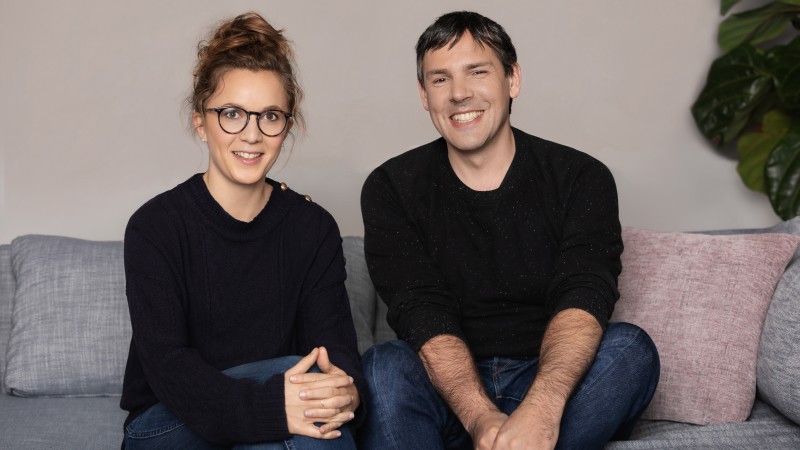- Iterate
- Employer Branding
- Seven Companies Shaping the Future of Remote Work
Seven Companies Shaping the Future of Remote Work
Table of contents
As remote work becomes more widespread, remote access technology is now on a mission to shape the future of our home offices. The Org has identified seven growing tech companies that are influencing the remote-work space.

Doist
Amir Salihefendic built Doist as a college student in 2007 to help him manage his workload. Over the past 13 years, the company has grown to more than 100 people in over 35 different countries across the world, with products that serve over 25 million people.
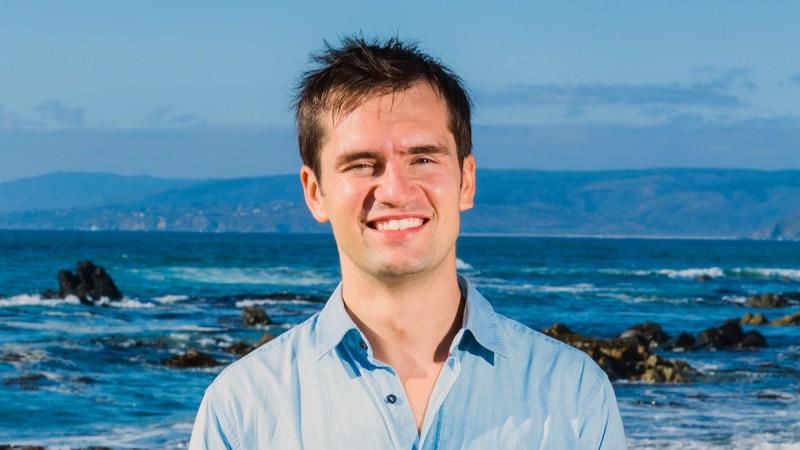
"Doist's mission is to inspire the workplace of the future by creating simple yet powerful productivity tools that promote a calmer, more balanced, more fulfilling way of working and living," Allan Christensen, the COO of Doist, told The Org.
"We have simplified remote work by defaulting to trust. Embracing an asynchronous way of work –– where managers don't micromanage and team members manage their own schedules –– gives everyone room to focus and opt out of meetings in favor of deep work."
The company is a remote-first company, and all of its products are designed to facilitate a remote-first workplace. Recently, the company onboarded its first Head of Remote to evangelize and optimize internal processes while simultaneously looking for solutions to improve efficiency.
"In past periods, where you worked was dependent on location –– you had to move to large urban centres for opportunity. Remote-first has created a shift where work is location independent. This is a significant economic development that will have massive impacts on the future of work across the world. This is the paradigm shift we bet on when the company was founded," Christensen said.
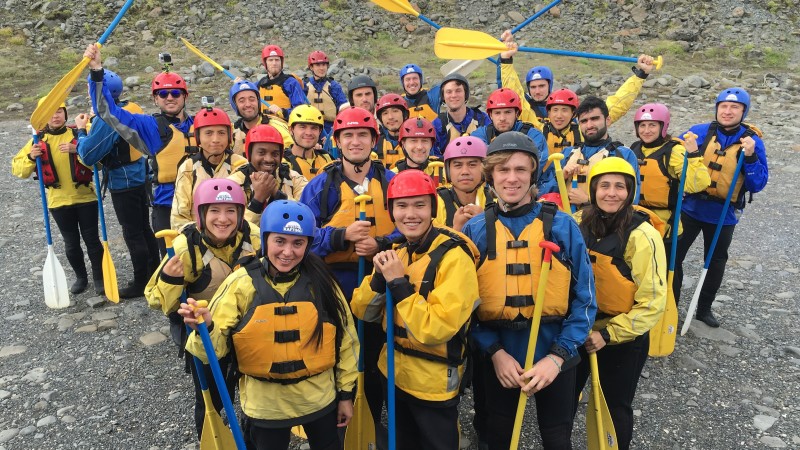
Warmly
Warmly is on a mission to make virtual meetings more human by creating more meaningful connections between professionals. The company was founded in November 2019 by Google alumni Max Greenwald, Val Yermakova, and Carina Boo, and former x.ai analytics manager Alan Zhao.

"We realized it was really hard and frustrating to get customers and raise money or hire employees over Zoom," Greenwald said in an interview with The Org. "So we thought, there must be a better way to help people connect more meaningfully in a very flat 2D environment."
The company provides background information on people before you meet them virtually for the first time. Warmly users no longer need to spend any time doing background research before a meeting as they are able to see customized name tags, pronouns and the calendar signatures of the people they are meeting with through virtual backgrounds. Users can also explore a person's social media, company news and org chart before each meeting.
"By just showing up with a business card background, you get to know information about the person at the meeting and partnerships are much more likely to occur because people can connect," Greenwald said.
Warmly is currently available as a Zoom extension and can also be used across Microsoft Teams, Google Meet and Cisco WebEx.
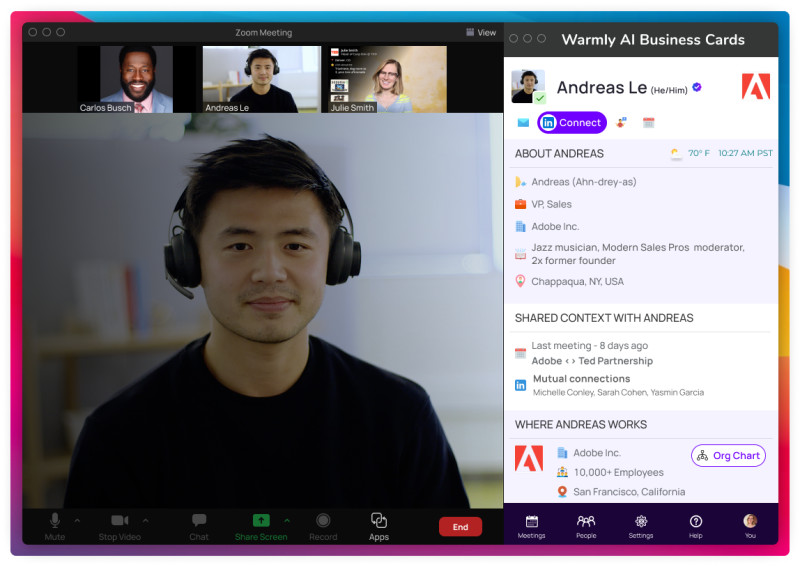
Lingo Live
Online coaching platform Lingo Live connects curious leaders to live coaches that deliver personalized lessons.
Tyler Muse first came up with the idea of Lingo Live when he started learning Spanish for work through Skype. He realized that many corporations could potentially benefit from virtual skill coaching.
"We developed this methodology of skills-based coaching to teach people language skills that could be applied for their jobs," Pedro Matriciano, the Head of Demand Generation at Lingo Live, told The Org. "Then we developed a product for leadership after realizing a lot of the pain points that companies had were leadership development, whereby people who were getting promoted sometimes weren't prepared for the role."
So far, Lingo Live has delivered over 400,000 coaching sessions and received positive reviews from its clients. The company has raised $6.3 million in total funding, with its latest funding raised in early 2017 in a Series A led by Bill Benedict.
CoScreen
CoScreen enables teams to share screens and work together in real-time. The company was founded by Till Pieper, Max Andaker and Jason Thomas in 2015 and it officially launched its product in March this year.
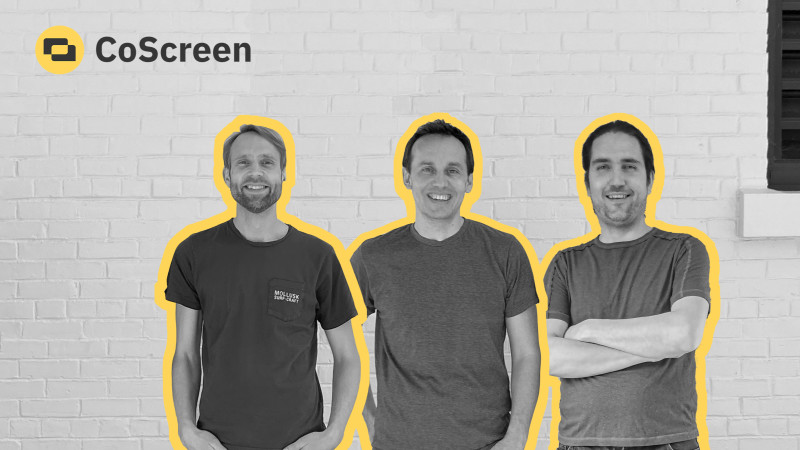
"It had been a side project for four-plus years," May Lauren Arad, a Product Marketing Manager at CoScreen, told The Org. "Then in 2020, they got the first seed funding round of $4.6 million led by Unusual ventures, and started actually building the team."
Unlike basic screen-sharing tools currently available in the market, CoScreen enables teams to discuss, edit and demo their work through a joint desktop. Users will be able to review screens as if it were their own. The product as it stands enables users to share screens with up to ten participants within one session.
"Right now we're targeting mainly developers, agile teams, product owners and designers -- but anyone can share any screen and make it collaborative and interactive with a click," Lauren Arad said.

Remote
At his previous job at GitLab, where he helped scale a team from five people to over 200 employees, Job van der Voort found it challenging to hire internationally. Local laws, banking, and other regulations often prevented van der Voort from hiring the right people.
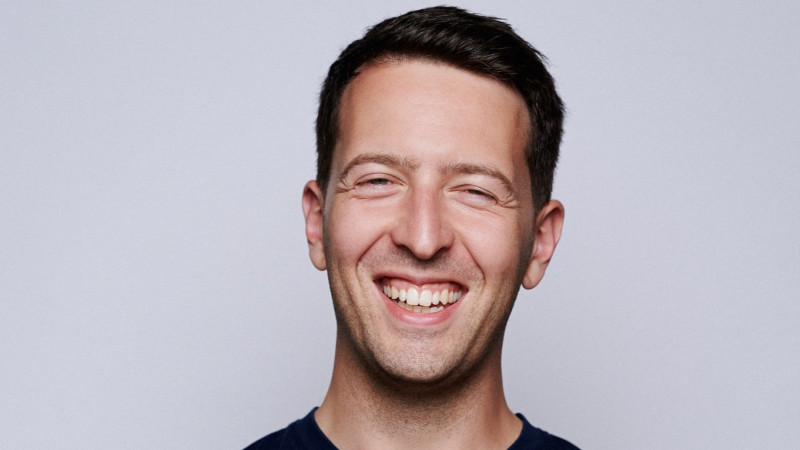
In 2019, he teamed up with Marcelo Lebre to create Remote, an organization that makes it easier for companies of all sizes to hire people globally. Remote automates the complexities that often surround international hiring through a simplified platform.
Since its genesis, the company has scaled considerably, from having only a dozen employees at the beginning of 2020 to over 400 today.
"Remote is still growing very quickly. We are onboarding lots of new people every week," van der Voort told The Org. "We are currently in more than 50 countries, and we will be available in 80 by the end of the year, with the rest of the world to follow in 2022."
The company is committed to remote-first working and has so far raised a total of $196 million in funding, with its latest Series B led by Accel raising $150 million.
"Working remotely is really about trusting your team, not micromanaging, and relying on async work as much as possible. When you focus on outcomes instead of the hours people go to work, you are free to spend more time on things that matter and you don't have to worry about other things," van der Voort said.
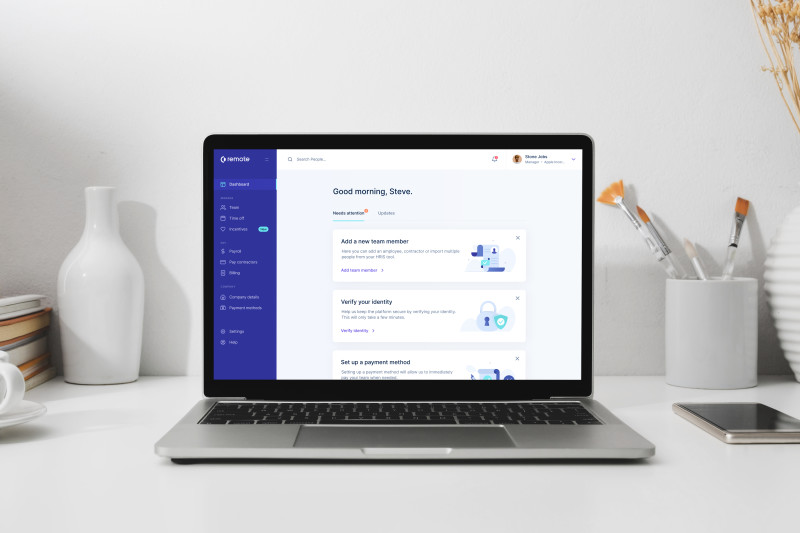
Focusmate
Taylor Jacobson founded Focusmate to enable people to connect with other professionals and hold each other accountable for the way they work.
The sudden shift from in-person to remote work had made it difficult for Jacobson to perform well in his day-to-day job.
"Not having structure, not having accountability, not having somebody to get lunch with and not having that connection and human and community, I just fell apart and it was really demoralizing, humiliating," Jacobson told The Org.
From there, Jacobson met with a friend who was also struggling with the shift and the pair decided to talk through their concerns and how they could keep each other accountable.
"That was really the first Focusmate session. And it just worked like magic, honestly, it just blew both of us away," Jacobson said.
Now, the company is in the process of building a platform that connects people with one another to build a community workspace digitally.
"We want to make it possible for you to find people and curate a community for yourself," Jacobson said.
Front
Front was founded in Paris in 2013 by Mathilde Collin and Laurent Perrin. Collin had always been curious about how to make work more enjoyable.
In 2014, the duo participated in start-up incubator program Y Combinator, raising $3.1 million in seed funding that helped them launch their first services.
Front enables its users to collaborate seamlessly by treating incoming emails as live documents. Clients are able to edit notes, tag colleagues, compare notes and draft responses through its centralized platform.
Now in 2021, the company has over 6,500 business clients across the globe and more than 250 employees working in person and remotely. Most recently in 2020, it raised an impressive $59 million in its Series C, bringing its total funding up to $138.8 million.
Despite having caught the attention of the likes of Microsoft's Satya Nadella and Salesforce's Marc Benioff, Collin told Forbes that the company is only at .0001% of what it could do.
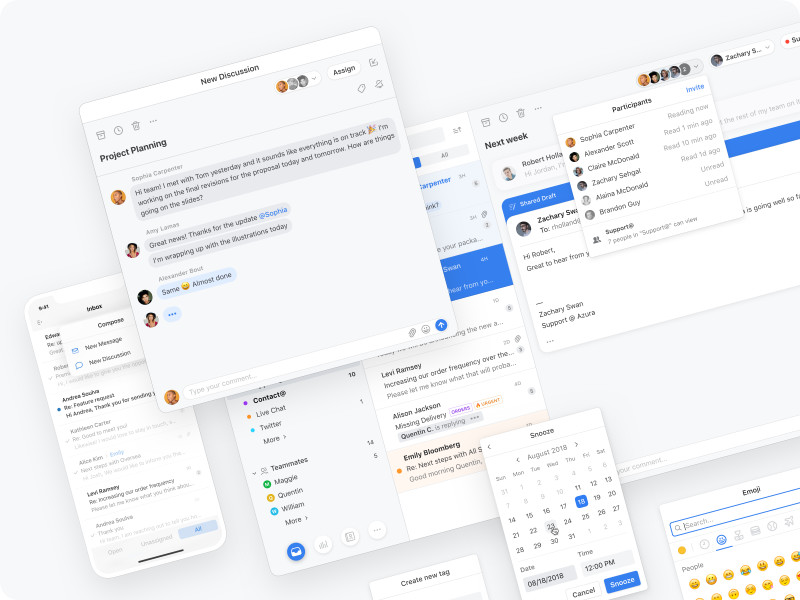
A new way of converting candidates
Sign up to The Org for an easy way to convert amazing candidates, by showing off your people.
